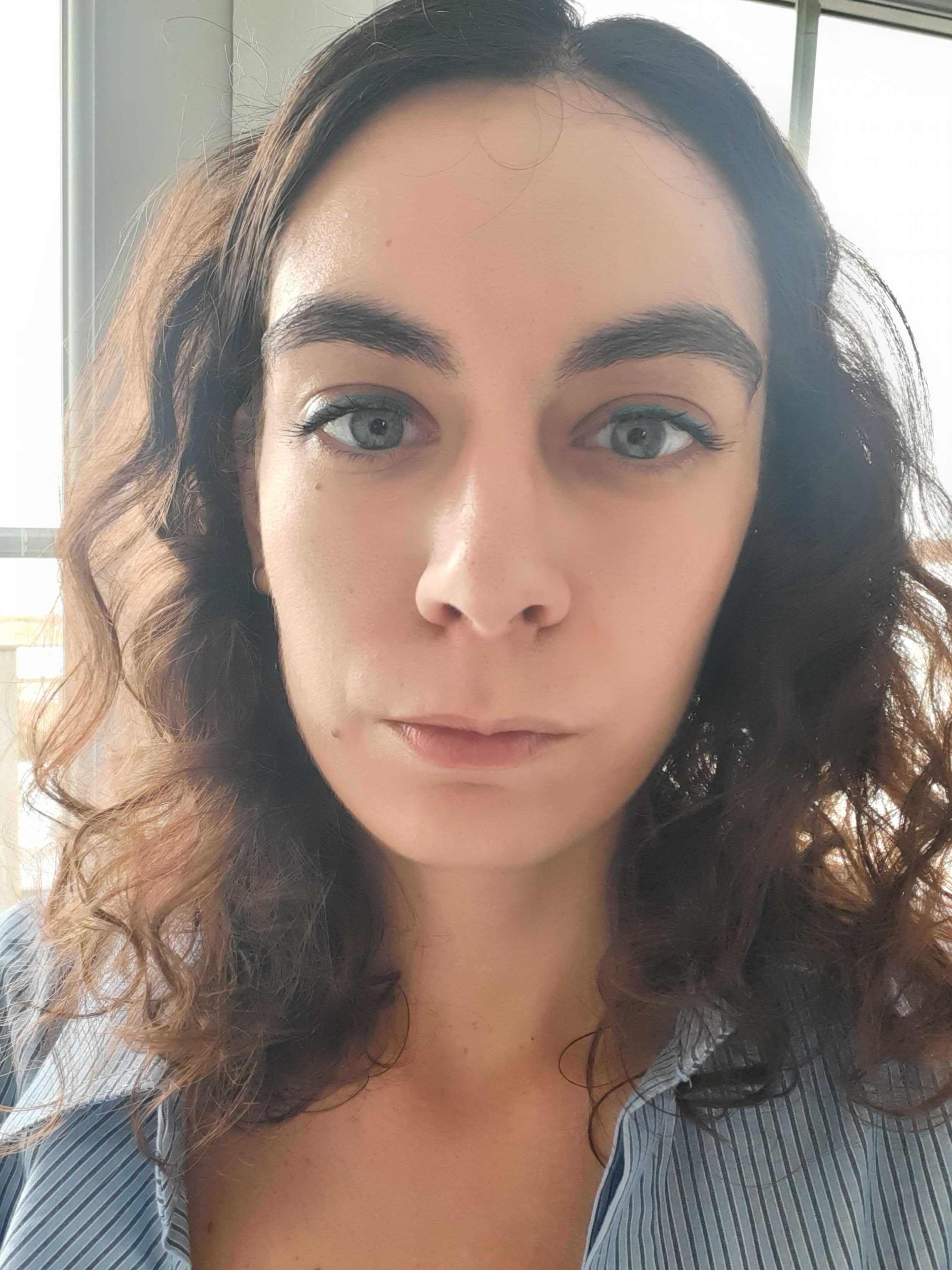It’s commonly believed menopause only happens to women in their 50s but that’s far from true…
If you’re a woman in your 40s, 30s, 20s or even teens and have been experiencing symptoms that sound similar to those experienced during menopause, you may be wondering if you could be perimenopausal or menopausal.
Menopause is when your ovaries stop producing eggs and levels of hormones estrogen, progesterone and testosterone fall. The average age of menopause – that is, when you haven’t had a period in 12 months – is 51 in the UK. But 51 is exactly that, an average.
Menopause before 45 is known as an early menopause, while menopause before the age of 40 is known as premature ovarian insufficiency (POI). POI is a lot more common than most people think: it affects about four in 100 women under the age of 40, and at least 1 in 1,000 women under 30 [1]. Even girls in their teens can be perimenopausal or menopausal.
You can find out more about POI, including treatment, from my article What is premature ovarian insufficiency (POI)?
Why can menopause happen at an earlier age?
For most women with POI, the underlying cause is ‘idiopathic’, or unknown, but causes can include:
• having your ovaries removed during an operation (in which case the term premature surgical menopause is technically more accurate as there can be no return of ovarian function)
• radiotherapy to your pelvic area as a treatment for cancer, or if you have received certain types of chemotherapy drugs that treat cancer
• if you have had your womb (uterus) removed in an operation called a hysterectomy, even if your ovaries are not removed
• associated with an autoimmune disease, for example, type 1 diabetes, thyroid conditions or Addison’s disease
• genetic conditions, the most common of which is Turner syndrome, in which one of the female sex chromosomes (the X chromosome) is missing.
RELATED: Early menopause and hormones in younger women Q&A
What’s the bottom line?
Menopause can happen at an early age – no one is too young.
If you notice any changes to your periods, or other symptoms you may think are related to perimenopause or menopause, make an appointment to see a healthcare professional (you can use the Balance app to track any symptoms). Your pathway to a diagnosis may differ from older women, and involve blood tests and other investigations to rule out other causes.
RELATED: The challenges of accessing menopause treatment as a young woman
Resources















